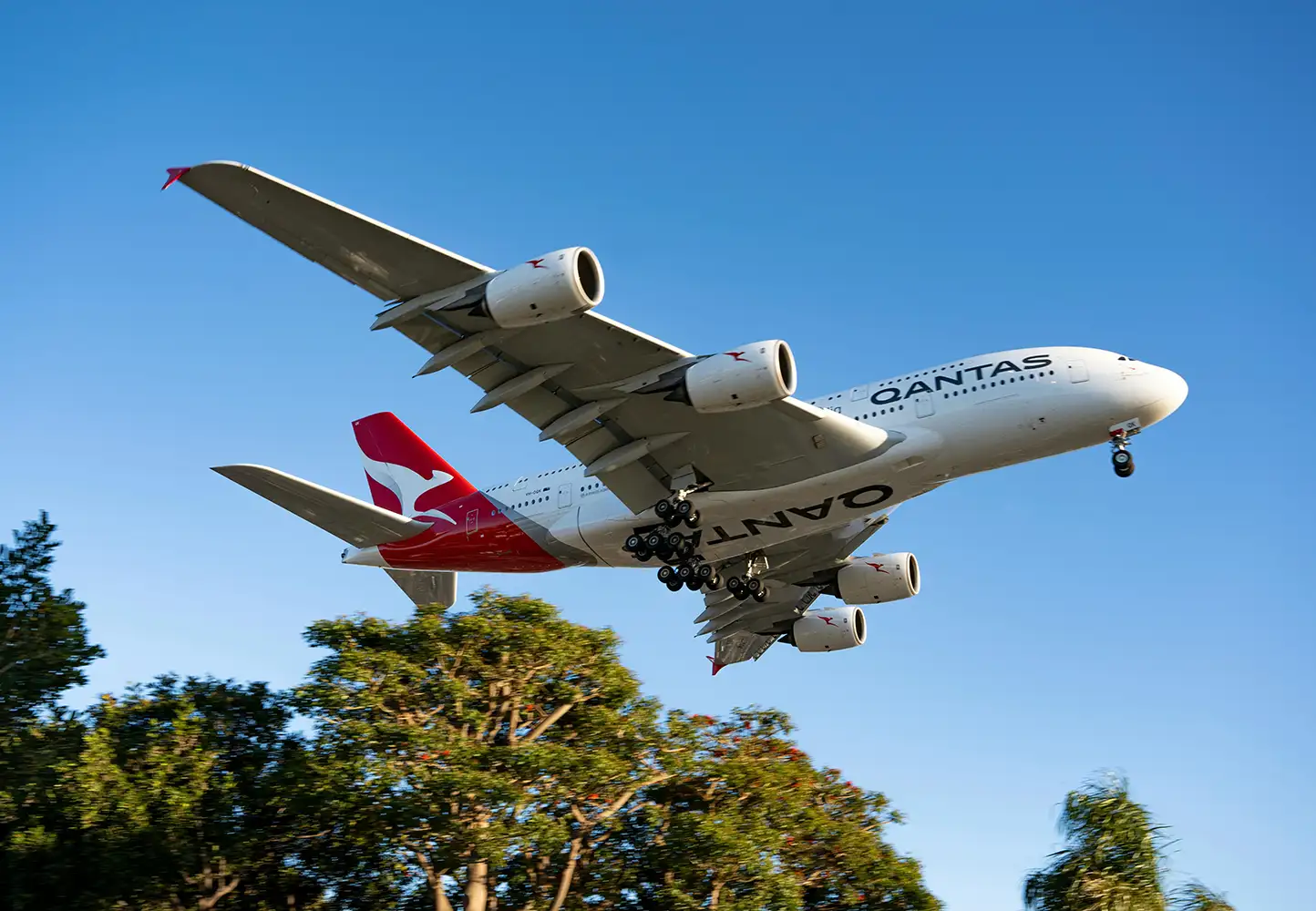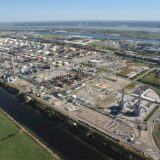
Australia launches bioethanol-to-jet fuel project
Jet Zero Australia has taken a major step forward in building the country’s first facility to turn locally produced bioethanol into sustainable aviation fuel (SAF). The company has signed key engineering contracts for “Project Ulysses,” a renewable fuel project planned for Townsville, Queensland.
Jet Zero signed a contract with Technip Energies, a global engineering firm, to begin the detailed design phase. It also extended its agreement with Brisbane-based Long Energy & Resources (LERA) to continue providing engineering support and project management.
These new agreements kick off the Front-End Engineering Design (FEED) phase, where detailed planning and cost estimates are finalised before construction can begin. The total cost of this phase is AUD 36.8 million (USD 23.9 million).
If all goes to plan, the facility will produce more than 100 million litres of SAF and 11 million litres of renewable diesel every year by 2028. The fuel will be made from Australian bioethanol, using technology from LanzaJet, a U.S. company specialising in converting alcohol into jet fuel.
Project Ulysses is expected to create more than 100 skilled jobs in North Queensland and support Australia’s goal of improving its domestic fuel supply—both for commercial airlines and the defence sector.
“This project is a great example of how we can grow new industries in regional Queensland,” said Janelle Poole MP, assistant minister for Community Safety, Defence Industry, Veterans and North Queensland. “There’s strong potential to connect this with our agricultural areas to help boost biofuel production.”
Funding support has come from Jet Zero’s industry partners, including Airbus, Qantas, and Idemitsu (Japan), along with backing from the Australian Renewable Energy Agency (ARENA) and the Queensland Government.
The announcement was made at an industry event hosted by Airbus Chief Sustainability Officer Julie Kitcher, with executives from Technip Energies, LERA, Jet Zero, Qantas, and LanzaJet in attendance.
The SAF produced from Project Ulysses could eventually power Australian flights, helping the aviation sector lower emissions while creating new regional jobs and supply chain opportunities.














